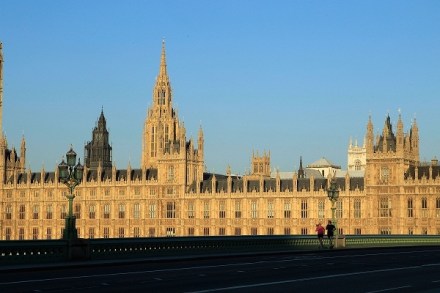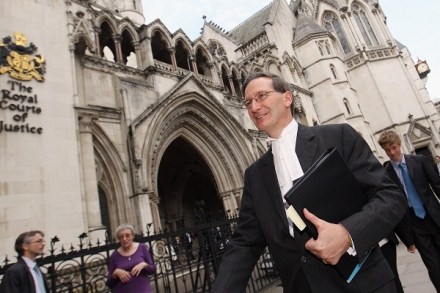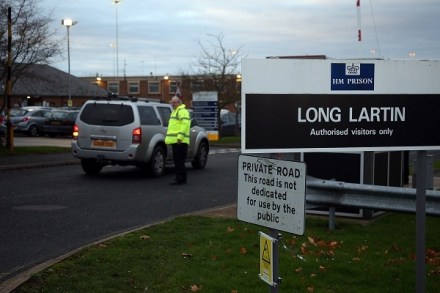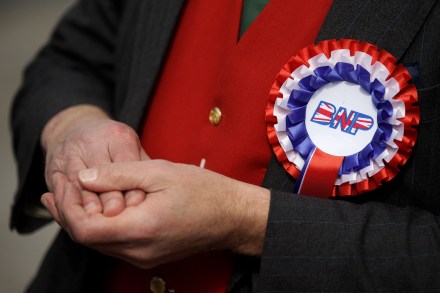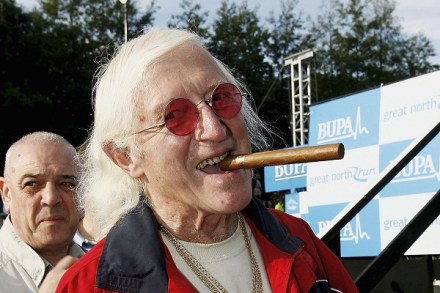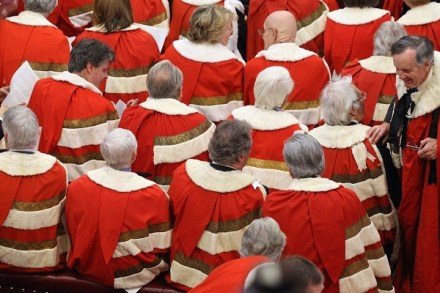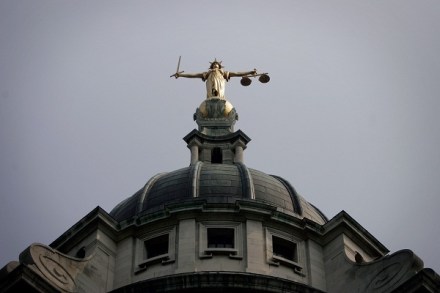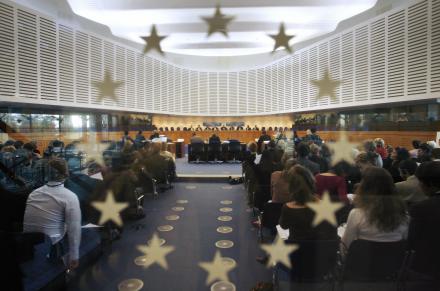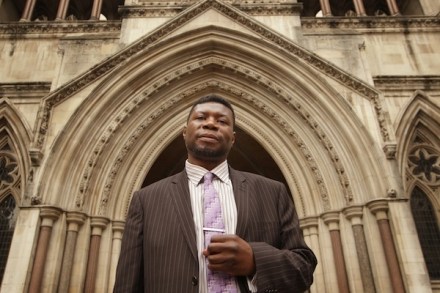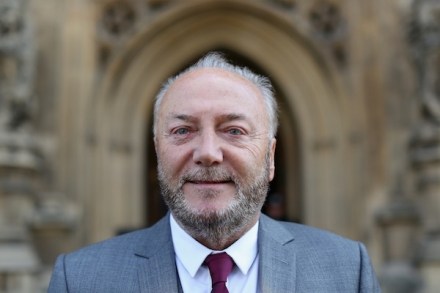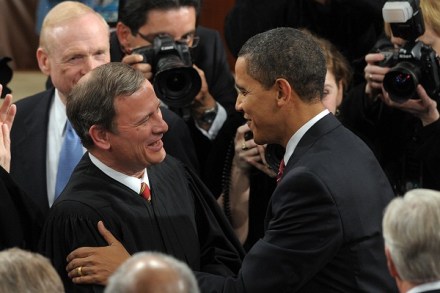How easy would it be to withdraw from the European Court of Human Rights?
As James says, the prisoner votes row will return to parliament before lunch today. The government is expected to offer the Commons three choices: The retention of the blanket ban, in defiance of the European Court of Human Rights (ECtHR) Enfranchising prisoners serving up to six months. Enfranchising those serving up to four years. Parliament is expected to vote for retention, as it has done so previously. Such an outcome would, obviously, set the UK government on a collision course with the ECtHR and leave it open to very costly compensation suits. Damages of around £1,000 per case have been awarded in other jurisdictions, and leaked documents published last year
